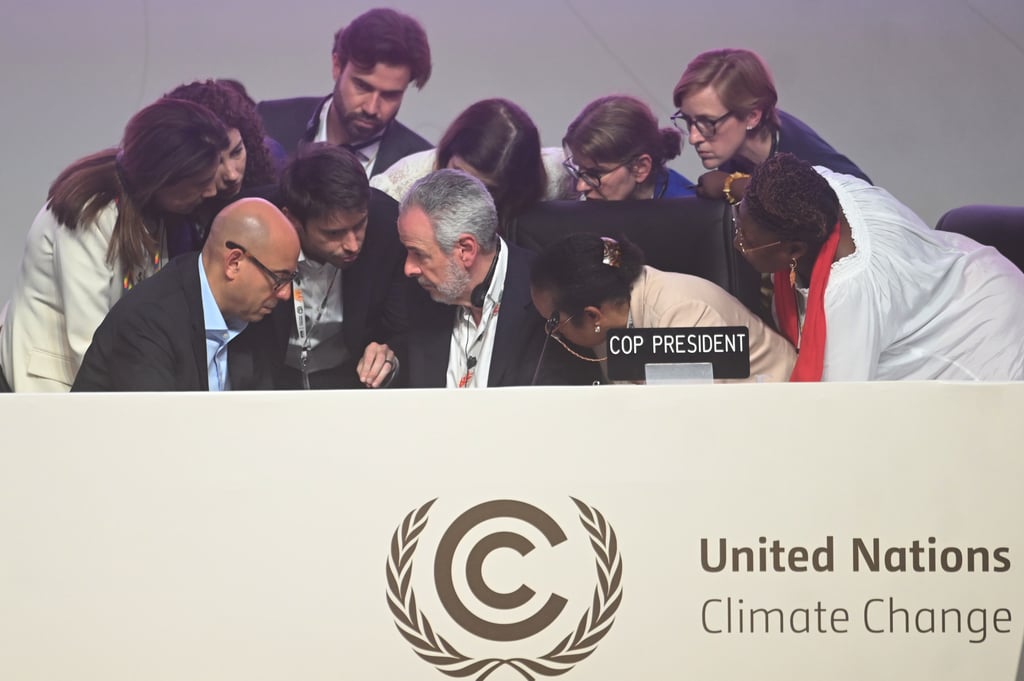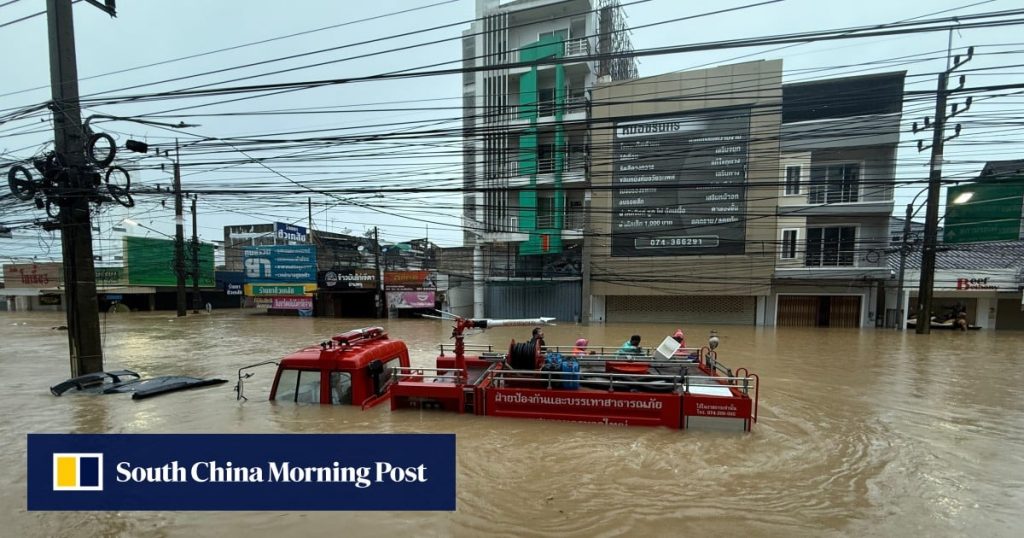A joint declaration at the Cop30 summit in Brazil – reached without United States participation after Washington again pulled out of the Paris climate pact – has kept fragile climate cooperation alive for the Global South, even as the talks fell short of a fossil fuel phase-out.
Observers said the outcome revealed both the limits of a strained multilateral system and the room that still existed for developing nations to influence the global energy transition, with several pointing to the UN climate change summit’s finance pledges and new institutional mechanisms as signs of cautious progress.
The Cop30 summit, which was due to end on Friday, overran into Saturday as world leaders sought to reach an agreement at the first international climate conference held since the Trump administration abandoned cooperation on global warming for a second time.
The final deal endorsed language to triple funding for poorer countries to help them adapt to worsening climate impacts, but stopped short of a clear road map for moving away from fossil fuels, despite urging from host Brazil.

At Cop28 in the United Arab Emirates in 2023, countries for the first time agreed on the need to transition away from fossil fuels to keep global warming below 1.5 degrees Celsius (2.7 degrees Fahrenheit) above pre-industrial levels – a goal enshrined in the 2015 Paris Agreement.


